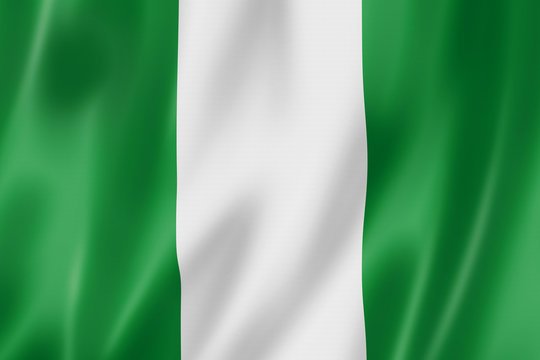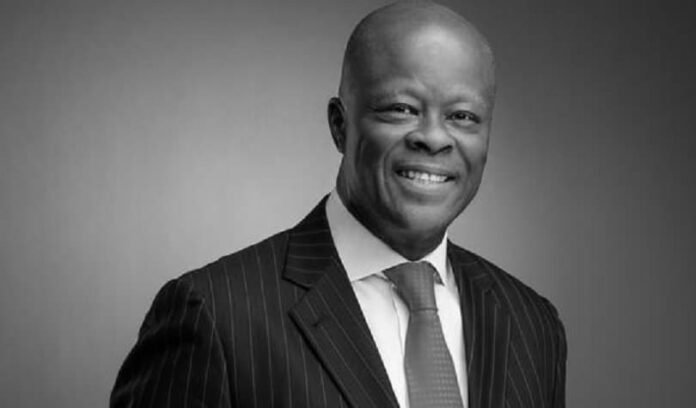Nigeria’s finance minister, Wale Edun has in a statement disclosed that his country is seeking a World Bank loan of about $2.25 billion and expects the bank’s board to approve the request this June. The minister said this following the IMF/World Bank spring meetings in Washington DC.
He added that his government, in a bid to acquire foreign exchange, aims to issue diaspora bonds later in the year in order to attract a much-needed foreign exchange into the country.
Speaking from the Annual Meetings of the World Bank Group and International Monetary Fund in Marrakech earlier this week, Nigeria’s finance minister, Wale Edun, confirmed that the government had “concluded plans” to seek funding from the organization.

The loans would comprise $1.5 billion in development policy financing and an additional $750 million in programme-for-results financing. The Nigerian government is hopeful that the bank’s board would approve their loan request by June this year.
The West African country has experienced a decrease in foreign exchange which pushed the naira to a record low against the US dollar this year. The country is faced with issues of high unemployment rates, large central bank financing and high government debt despite the government’s effort to cut down on borrowing from its central bank by half.
Wale Edun has said Nigeria would be applying for the loans through the International Development Association, a Washington-based development finance institution that is part of the World Bank Group and offers concessional loans and grants to emerging economies. He added that “effectively the interest rate will be zero” on these loans.
The World Bank has however not immediately commented on the statement.
Nigeria, typically Africa’s largest oil exporter, has faced a shortage of foreign exchange that has pushed its naira currency to record lows versus the U.S. dollar this year, though it has since rebounded.
President Bola Tinubu, Nigeria’s President has also earlier indicated that he inherited an economy saddled with record debt, high unemployment and large central bank financing, though Mr. Wale, in an interview with Reuters last week, said the government had halved federal borrowing, opens new tab from the central bank.
The move comes at a time when the Nigerian economy is struggling to adapt to the reforms initiated by President Bola Tinubu, who came to office in May this year. Since then, Tinubu has tried to liberalize the Nigerian economy by lifting some of the restrictions on foreign exchange markets that had kept the naira artificially high and ending fuel subsidies that he believed had become an unsustainable burden on public finances.
Source: www.africanews.com , www.reuters.com , www.african.business




